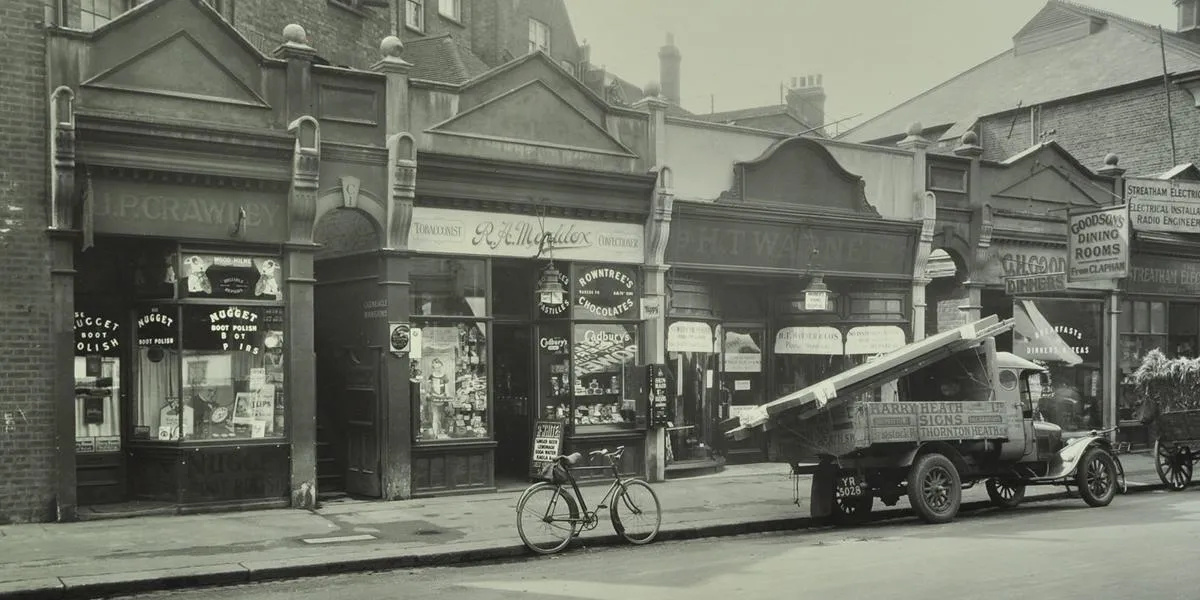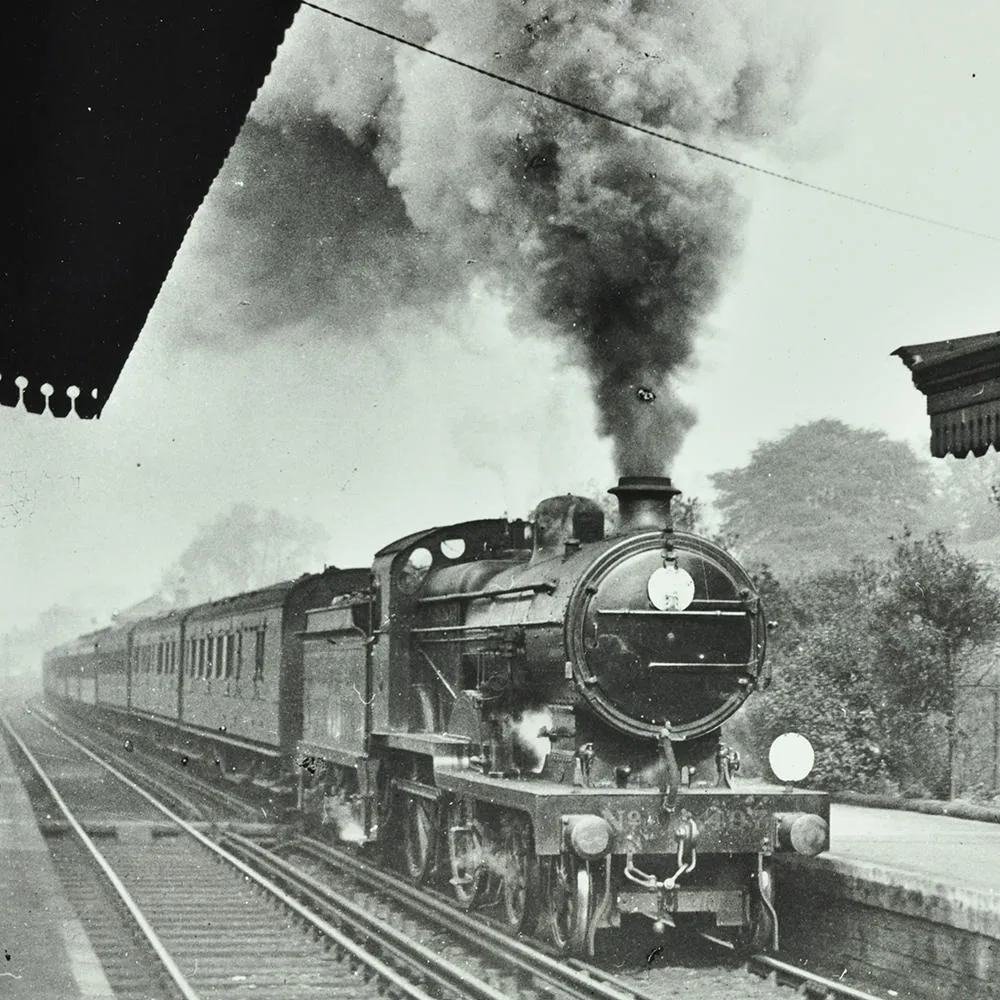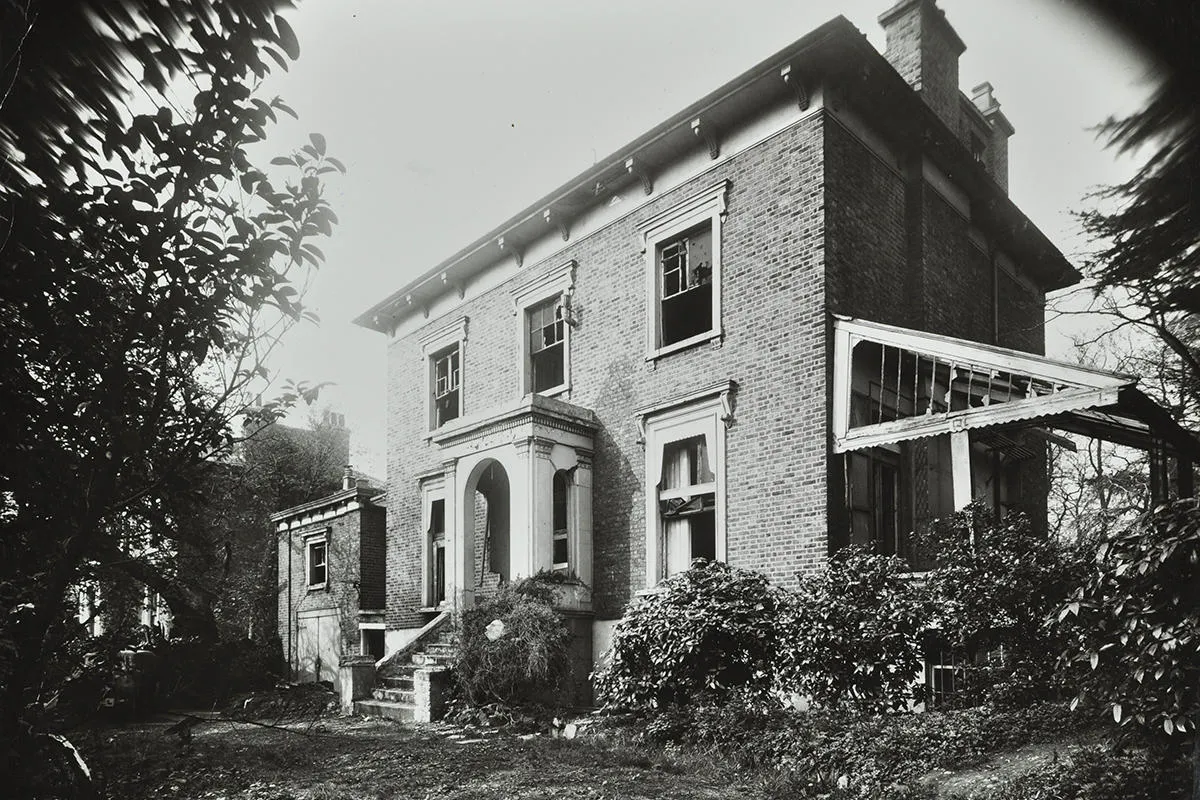'The Fountain Overflows' by Rebecca West

July’s read was a bestselling novel from 1957, The Fountain Overflows by Rebecca West.
This is a strange, beguiling, occasionally baffling and curiously moving novel about a family exiled from their Scottish home due to a family scandal and living in genteel poverty in the London suburb of Streatham at the tail end of the Victorian era.
Find out what we're reading nextReaders had a broad range of reactions to this novel but one reader nailed it on the head – are we reading a work of fiction or a work of therapy? Indeed, West’s novel is a lightly disguised version of her own childhood.
The novel is told from the perspective of Rose, a young child, who perceives the world with beady-eyed scrutiny but who only ever knows part of the story of the adults around her - and a strange group of adults they are! Father Piers is a charismatic conman and a philanderer, who is selfish to the core and takes only the lightest interest in his children, though of course they adore him. Mother Claire is unstable, anxious, loving and generous, a musician whose gifts are immense but who hasn’t passed them on to her children equally.
The children’s world is their domestic environment, a slightly claustrophobic and shabby set-up, were there is a distinction between family and outsiders. While readers weren’t all convinced at the level of their poverty, the family’s dysfunction is clear – the combination of adoration for the youngest child Richard and their cruelty to daughter Cordelia is inexplicable. There are similarities with Molly Hughes’ memoir: 'A London Child of the 1870s', but worked through the dark imagination of a writer like Barbara Comyns.
Streatham

There are several journeys in the novel, two to Kew by train, one to the Houses of Parliament and the very funny car journey. Streatham’s role as a London suburb took off after the development of the railways and the trams, which connected the area to London for commuters.
We also looked at how the large Victorian villas were in a state of decay by the 1950s which is evidenced in the London County Council (LCC) Photograph Library images that can be found on the London Picture Archive.

The occult within the novel
This is a novel that isn’t centred around the plot – or at least, relies lightly upon it. Plot points as they exist are equally discomfiting – a poltergeist at a cousin’s house appears to be that, rather than a literary device. The occult lies close to the surface – a maid who reads fortunes, a controversy about second sight, the result of which is a domestic tragedy. Remarkably, the novel has a happy ending, but we won’t spoil how we get to it! It’s a long, occasionally slow novel, but West’s descriptions are rich and unusual and gives us a memorable portrait of a long vanished south London.
Collections at The London Archives
In the session we looked at maps of the Streatham area from the 1870s to 1890s which chart its rapid development during this period. There are descriptions in the novel of the greenery in Streatham which soon changed to rows of houses. Rebecca West lived at 21 Streatham Place which features in the novel. It is possible to trace the tenants at this address from 1917 onwards through deeds that were deposited with the LCC (LCC/CL/GEN/08/C/95/0984).
Search the catalogue